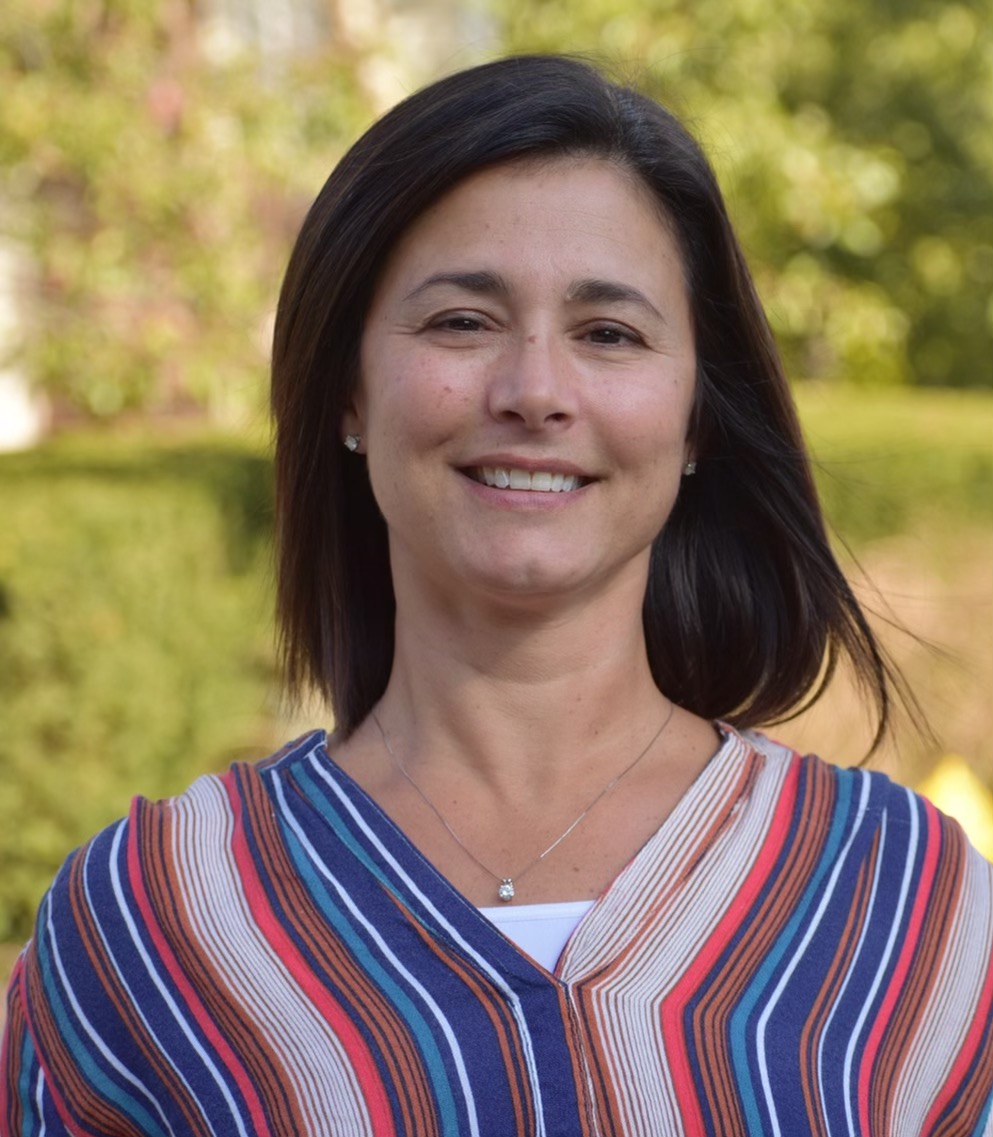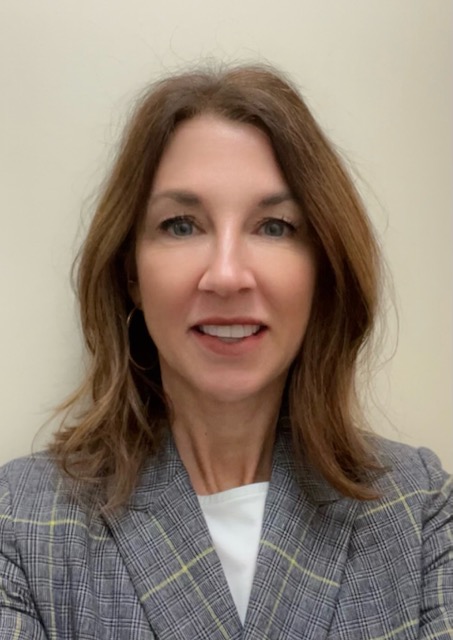
Ohio Summit on Dyslexia 2023
Saturday, March 4, 2023
Time: 8:30am – 4:00 pm EST
Location: Fawcett Center 2400 Olentangy River Rd, Columbus, OH 43210
Sorry Registration is CLOSED.
We have hit beyond maximum capacity of our venue. We have been amazed at the response. Stay tuned to emails coming out soon about an event in OCT from our national office IDA.
Navigating a Path From Assessment to Instruction
Don’t miss out on your chance to connect with colleagues at this in-person event!
Are you overwhelmed when the discussion turns to assessment?
Are you drowning in data?
Do you ever feel that your evaluator is speaking a foreign language?
Do you wish that you could participate in team meetings with greater confidence?
Do you wish that you could contribute more?
This is an in-person event.
Registration is required to attend.
Lunch is included. Must select options on registration page.
We suggest everyone bring a water bottle. There will be a water station available.
2 breakout sessions – must select sessions on registration page. Size is limited for each.
Cost:
Early Bird:
$120 IDA Members
Purchase Orders: If your organization would like to pay by PO, Select ‘pay by check’ on the registration page. Please make sure your organization has your name listed on the PO. Have PO’s emailed to treasurer.coh@dyslexiaida.org
Certificate of Attendance for 5.5 Contact Hours will be available after you attend the Summit.
Our keynote speakers are:

Anita L. Archer, Ph.D.
Educational Consultant and
Author of Explicit Instruction: Effective and Efficient Teaching
The Magic is in the Instruction
To optimize our implementation of the Science of Reading to ensure that all students read accurately and fluently with good comprehension, we must draw from the Science of Instruction. In this session, Dr. Archer will discuss the critical variables in instruction: clear lesson purposes, structured lessons including demonstration, guided practice and checking for understanding, embedded formative assessment, active participation, effective feedback, and judicious practice. When these elements are consistently and effectively used, learning results.
Dr. Anita Archer serves as an educational consultant to state departments and school districts on explicit instruction and literacy. She has presented in all 50 states and many countries including Australia and is the recipient of ten awards honoring her contributions to education. Dr. Archer has served on the faculties of the University of Washington, University of Oregon, and San Diego State University. She has co-authored curriculum materials including Phonics for Reading (Curriculum Associates), a three-level intervention program, REWARDS (Voyager/Sopris), a five-component literacy intervention program, and a best-selling textbook titled Explicit Instruction: Effective and Efficient Teaching (Guilford Publications).

Melissa Farrall, Ph.D., SAIF
Director of Evaluations, Professional Learning Provider
Stern Center for Language and Learning
So Many Tests, So Little Time
Are you overwhelmed when the discussion turns to assessment? Are you drowning in data? Do you ever feel that your evaluator is speaking a foreign language? Do you wish that you could participate at team meetings with greater confidence? Do you wish that you could contribute more?
In this session we will look at tools for progress monitoring, criterion-referenced tests, and standardized norm-referenced tests and how each type of assessment contributes to our knowledge of students. We will talk about how tests are developed, and why we should care about reliability and validity. We will discuss the bell curve and how to “eyeball” test scores.
What we will learn:
- What progress monitoring probes, criterion-referenced tests and norm-referenced tests have to offer;
- What reliability and validity mean for your student;
- How to work with different types of test scoring systems; and
- How to draw meaningful conclusions about student performance.
Melissa Farrall is the author of Reading Assessment: Linking Language, Literacy, and Cognition, and the co-author of All About Tests & Assessments published by Wrightslaw. Melissa Farrall presently works as the Director for Evaluation at the Stern Center for Language and Learning in Williston, Vermont where she trains evaluators and teaches courses on the assessment of reading, writing, and language. Melissa also holds an appointment as a Clinical Assistant Professor in the Department of Neurological Sciences at the Robert Larner College of Medicine at the University of Vermont where she trains medical professionals about learning disabilities and reading.
___________________________________________________________________________________________________________________
Morning and Afternoon Breakout Sessions:
- 2 breakout sessions (morning and afternoon).
- Each attendee is required to choose breakout session on the registration page.
- Each session size is limited.
NOTE: Anita Archer has a different topic for the morning and afternoon sessions

Melissa Farrall, Ph.D., SAIF
Comprehensive Reading Evaluations: Beyond the Numbers
Do evaluation reports leave you cold? Are you tired of literacy test results that fail to provide helpful information about student performance? Would you rather have a tooth pulled than attend another evaluation team meeting? If the answer is yes, this session is for you. In this session, we will look at comprehensive reading evaluations. We will review some of the more commonly used tests: the good, the bad, and the ugly. We will learn how to think critically about the data obtained, and how we can use this information to improve our instructional recommendations.
What we will learn:
- What different reading tests measure and what they neglect
- What kinds of data we can obtain from different tests
- How we can link assessment data to instructional recommendations

Anita L. Archer, Ph.D.
(morning session:) Providing Reading Interventions for Students in Grades 4-9: Review of the Educator’s Practice Guide released in 2022 by the Institute of Education Sciences
Do you have intermediate and secondary students that are still not reading accurately and fluently with good comprehension?
In this session, Dr. Archer will review the major recommendations of the
Educator’s Practice Guide released in 2022 by the Institute of Education Sciences. These recommendations include: building students’ decoding skills so they can read complex multi-syllabic words; providing purposeful fluency-building activities; and utilizing a number of research-validated comprehension practices. Dr. Archer will introduce each of the recommendations, provide examples, and model the effective practices.
(afternoon session:) WORDS, WORDS, WORDS: Explicit Vocabulary Instruction
Words are all we have for understanding new concepts, building background knowledge, expressing our ideas, and understanding narrative and informative texts. In this training, Dr. Archer will expand your knowledge regarding selecting vocabulary terms for explicit instruction and effectively teaching General Academic and Domain Specific vocabulary.

Pam Kastner, Ed.D.
Spelling: Visible Language to Inform Instruction and Intervention
This session highlights the importance of spelling to literacy development and how it can be analyzed to inform instruction and intervention. The integration of phonology, orthography, and morphology will be utilized to analyze student spelling inventory results. Participants will evaluate students’ spelling, determine the type of error(s) students made and engage with tools and queries school teams can use to drive analysis and targeted instruction and intervention. Classroom and individual results from a spelling inventory will guide participants in drawing conclusions for core, small group, and individual instruction to accelerate learning
Dr. Katsner has helped to lead Pennsylvania’s Dyslexia and Screening Early Literacy Intervention Pilot Program and serves on the Pennsylvania Task force for Higher Education. She has presented at the National Summit on the Science of Reading in Higher Education, is an adjunct professor at Mount Saint Joseph University teaching at the Masters’ and Doctoral levels, and serves as the President of The Reading League Pennsylvania. She is on the Reading League Journal’s Practitioner Editorial Board and is a member of the Science of Reading: A Defining Movement coalition.

Rebecca Tolson, Ph.D., CALT-QI
Developing Metacognitive Strategies
The focus of this session is creating strategic thinkers. Strategic thinkers know the structure of the text they are reading, connect ideas, and constantly summarize and monitor understanding. If the text is not making sense, the strategic thinker has a plan for repairing their comprehension. Participants will learn activities that promote strategic thinking skills.
Rebecca Tolson has a PhD in Curriculum & Instruction from the University of Akron and is a member of Academic Therapy Association at the level of Qualified Instructor and Certified Academic Language Therapist and a Certified Dyslexia Therapist through the International Dyslexia Association. She specializes in using Structured Literacy techniques as intervention for dyslexia and dysgraphia.

Carolyn Turner, M.Ed., Structured Literacy/Dyslexia Interventionist
Ready, Set, Go! Next Steps After Universal Screening
Early elementary is a time of rapid growth and development in foundational literacy skills. Ohio’s Dyslexia Committee recommends providing brief universal screening three times a year to prevent misidentifying students as at risk or not at risk for later reading difficulties. But screening is only the first step. This session will provide a practical application of a multi-tiered system of supports to help educators identify and meet the needs of students at risk for dyslexia and those with other reading concerns. Participants will leave with actionable steps for an immediate instructional response that includes screening, diagnostic assessments, appropriate interventions, and progress monitoring to catch students before they fail.
Carolyn Turner, M.Ed., is an educator and lifelong learner with 27 years of experience. She has served as an elementary school teacher, regional school improvement consultant, state regional literacy specialist, adjunct professor, dyslexia interventionist, and national literacy consultant. Carolyn currently serves as one of Ohio’s two literacy leads. Along with her commitment to ensuring all students become skilled readers, she is an advocate for reading science and has extensive knowledge of evidence-based approaches to teaching reading. Carolyn earned a B.S. in elementary education from Miami University, an M.Ed. in leadership and administration from the University of Cincinnati, and a Dyslexia Interventionist Certification from Mount St Joseph University. Carolyn works with local, regional, and state-level instructional leaders to build their capacity to implement evidence-based reading practices in their schools. She works to ensure that all involved have the appropriate knowledge, skills, and abilities to sustain change, resulting in improved instruction and successful reading achievement for all children.

Janel Bowman
Dive into Decoding: Using Diagnostic Assessments to Identify Target Decoding Skills
Decoding surveys are quick, efficient diagnostic assessments that provide actionable data to inform instruction for whole and small-group reading skills. After identifying student strengths and weaknesses, learn how to plan instruction aligned decoding needs.
Janel Bowman is a doctoral student in the Mount St. Joseph’s Science of Reading doctoral program. She has been in education for 25 years and works as an intervention coach in Gahanna-Jefferson Public Schools. She supports intervention specialists in making data-based decisions and implementing research interventions for students with individual education plans. Additionally, she is an Orton-Gillingham master teacher connected to the Hamilton County ESC (formerly Mayerson Academy). She trains Gahanna intervention specialists in structured literacy with an in-district supervised practicum.




 Melissa Farrall, Ph.D., SAIF
Melissa Farrall, Ph.D., SAIF Anita L. Archer, Ph.D.
Anita L. Archer, Ph.D. Pam Kastner, Ed.D.
Pam Kastner, Ed.D. Rebecca Tolson, Ph.D., CALT-QI
Rebecca Tolson, Ph.D., CALT-QI Carolyn Turner, M.Ed., Structured Literacy/Dyslexia Interventionist
Carolyn Turner, M.Ed., Structured Literacy/Dyslexia Interventionist Janel Bowman
Janel Bowman
